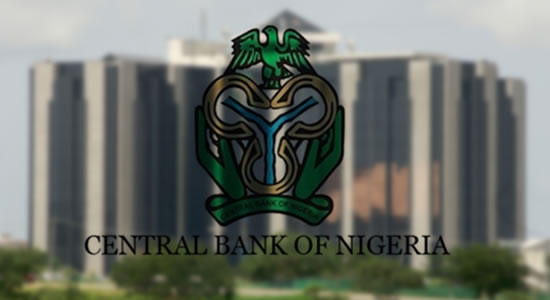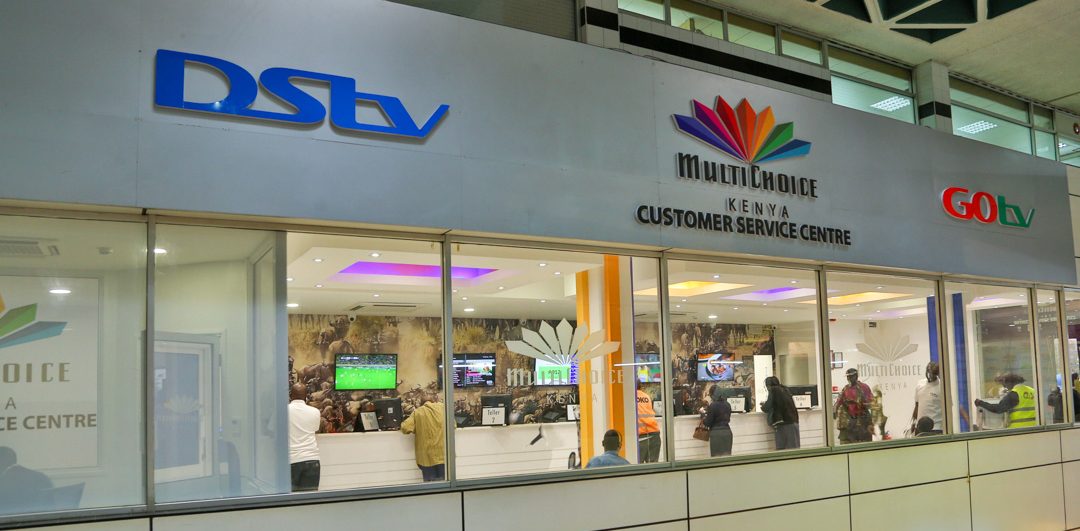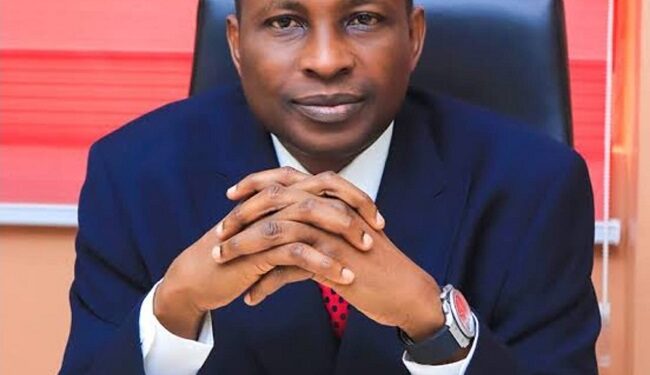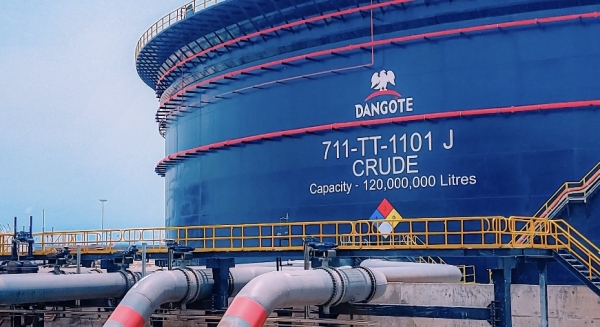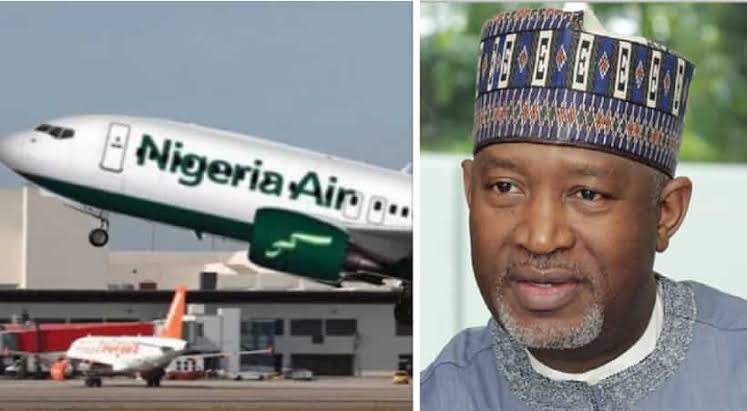In the wake of increasing foreign portfolio investments (FPIs) and stability in crude oil price, the nations external reserve has risen to a five-month high of $43.507 billion as at Thursday, 21st March 2019.
Following the completion of the general election, which has since seen the deceleration of political risks in the country, portfolio investors have been taking advantage of Nigeria’s attractive fixed income instruments. It was learnt investor interest, has been upbeat with the recent treasury bills that were auctioned oversubscribed.
Similarly, in the bond market, investors have continued to take a position in attractively priced instruments.
In a similar development, the price of crude oil, which is also a major driver of Nigeria’s external reserves, has being stable with the benchmark Brent crude closing at $66.75 to a barrel.
Analysts have noted that the current position of the external reserves and the increase in FPIs have provided short-term stability for the value of the Naira.
“Recent data on inflation, exchange rate and the interest rate on fixed income securities in Nigeria have shown temporary improvement.
“This may mean things are looking up in Nigeria. Therefore, the temporary stability in key indicators from January 2019 till 21 March 2019 may support an argument for monetary policy easing (reduction in interest rate and other measures that can push more money into the financial system).
“Adding to the debate supporting the easing of monetary policy is the fact that the general election is now behind us, so the negative impact of electioneering spending on price stability and associated uncertainties surrounding the election may be over.
“However, FSDH Research believes the short-term outlook of the Nigerian economy justifies a hold decision on policy rates at the current levels.
“FSDH Research believes the decision of monetary policy would be based on what will happen to price stability if there is an adjustment to the pump price of Petroleum Motor Spirit (PMS) and the electricity tariff sometime this year,” the firm stated.
Although, the US Energy Information Administration (EIA) recently predicted an average price of Brent Crude of $62.78 per barrel in 2019, down from $71.19/b in 2018.
This lower oil price, given the OPEC production cut, signifies Nigeria may generate lower revenue in 2019 than in 2018, hence, the need to maintain a tight monetary stance to attract investors into the Nigerian financial system, FSDH asserted.










